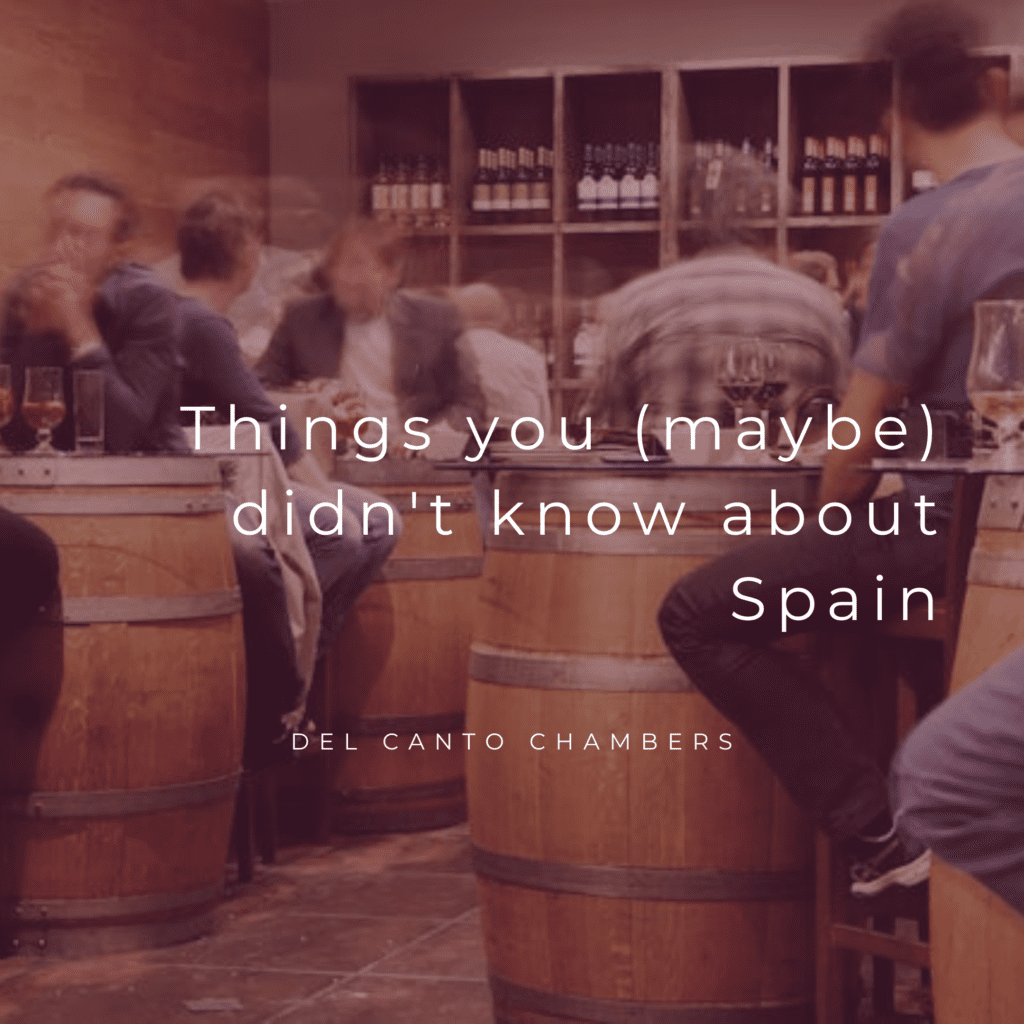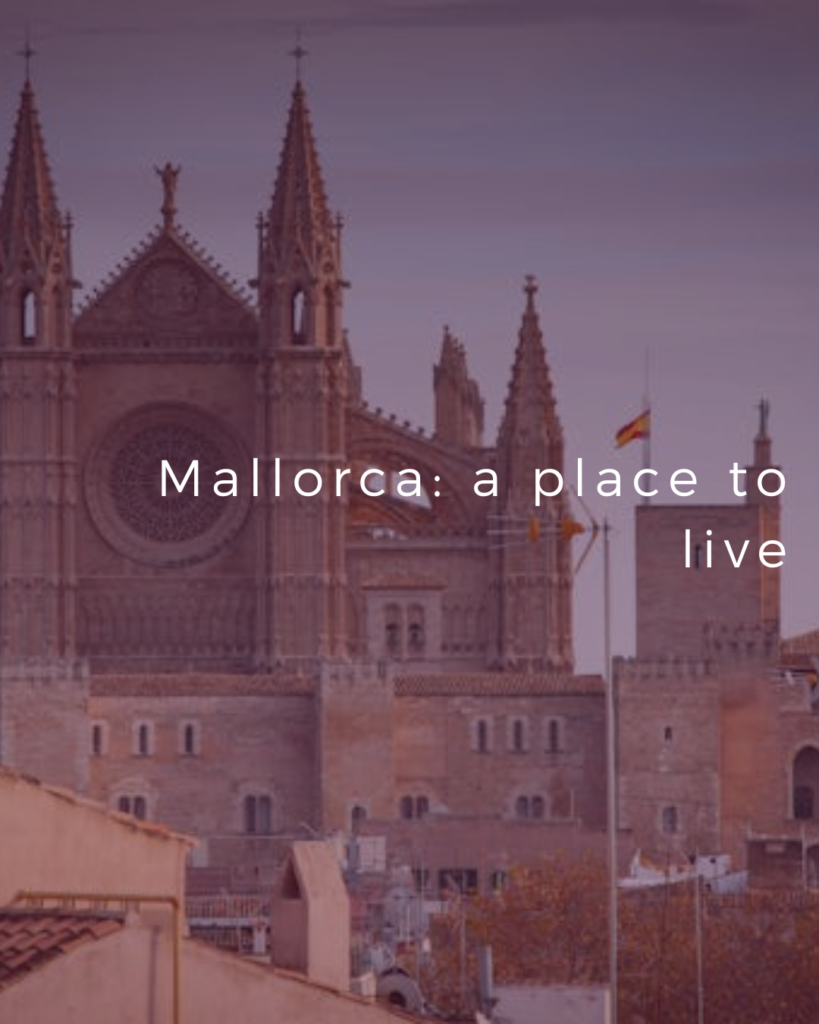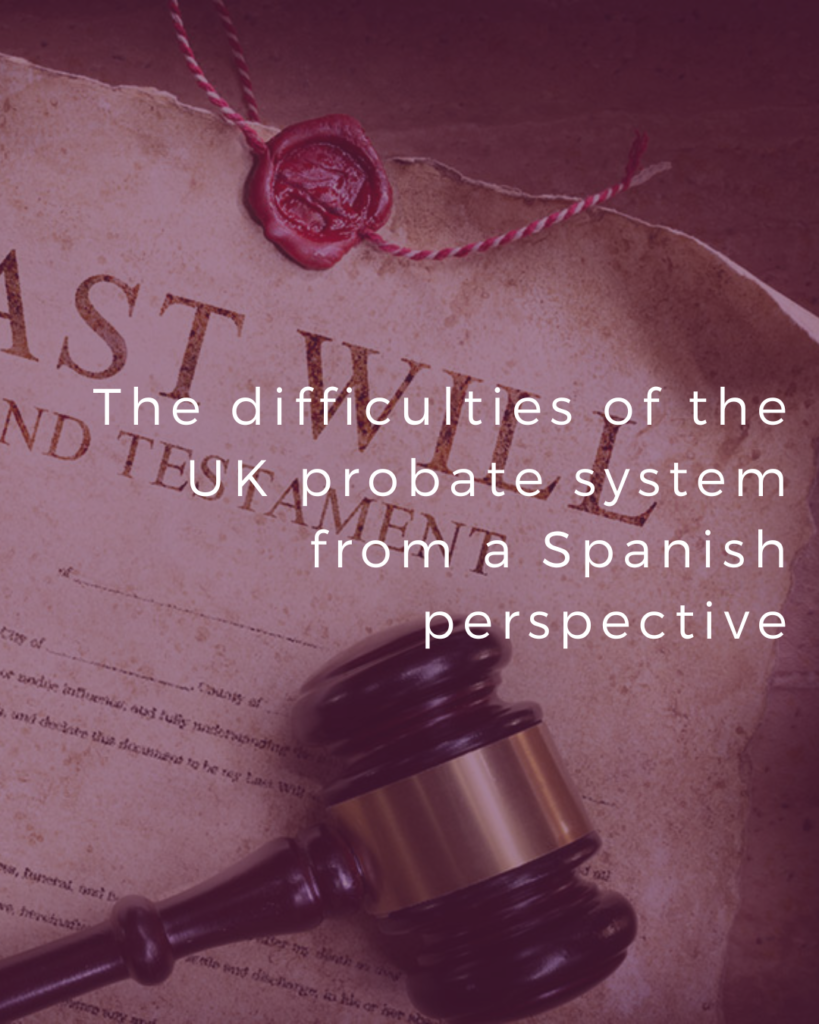Things you (maybe) didn’t know about Spain. Spain has a rich and diverse history thanks to the influence of numerous cultures over the centuries. With its landscapes, architecture, and traditions, Spain is a country well worth visiting. To encourage you to do so, here are some interesting facts you may have yet to learn about Spain.
Spanish, or Castilian, is the second most spoken language in the world in terms of number of native speakers, after Mandarin Chinese.
Diversity of languages: In addition to Spanish, other co-official languages are spoken in Spain, such as Catalan, Galician, and Basque. Each of these languages has strong roots in its respective regions.
The Sagrada Familia: The Basilica of the Sagrada Familia in Barcelona, designed by architect Antoni Gaudí, has been under construction since 1882 and is still unfinished. It is expected to be completed by 2026.
Festivals and traditions: Spain is known for unique celebrations such as La Tomatina in Buñol, where participants throw tomatoes at each other, or the Sanfermines in Pamplona, famous for its running of the bulls. The origin of the Tomatina dates back to 1945 when some young people from Buñol interrupted the parade of giants and big heads, causing a participant to fall and, in anger, start hitting vegetables from a nearby stall. Those present responded by throwing tomatoes at him, unleashing a pitched battle that was stopped by the police. The following year, the young people repeated the event, bringing tomatoes prepared from home, and the fiesta was born.
Flamenco: This style of music and dance, originating in Andalusia, is one of Spain’s most emblematic cultural expressions. It has a strong influence from the Andalusian Roma people and other cultures, such as the Phoenicians, Jews, Muslims, and Greeks. UNESCO declared it an Intangible Cultural Heritage of Humanity in 2010.
Large production of olive oil: Spain is the world’s largest producer of olive oil, accounting for approximately 44% of global production.
Prado Museum: Located in Madrid, the Prado Museum houses one of the most important art collections in the world, including masterpieces by artists such as Velázquez, Goya and El Bosco.
Tapas: Tapas are an essential part of Spanish gastronomic culture. These small portions of food are often served with drinks and vary widely between regions. We have to go back to the 13th century, to the reign of Alfonso X, to find the origin of our tapas. This king imposed that wine should not be served alone in inns so that the wine would not get people drunk. These small portions of food were placed on top of the glass, covering the mouth of the glass and thus avoiding mosquitoes and other insects. Normally these morsels consisted of slices of ham or wedges of cheese.
Would you like to come and visit us?
Del Canto Chambers specialists are constantly up to date with new legislative changes and aware of any Spanish tax and legal implications. Contact our Spanish legal and tax specialists to find out the best tax planning and corporate structures in your circumstances.







